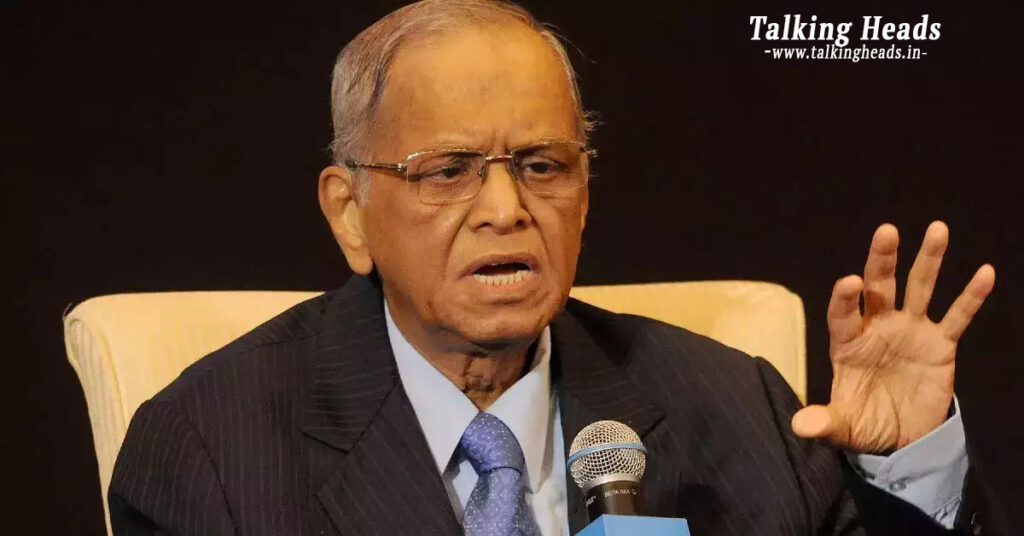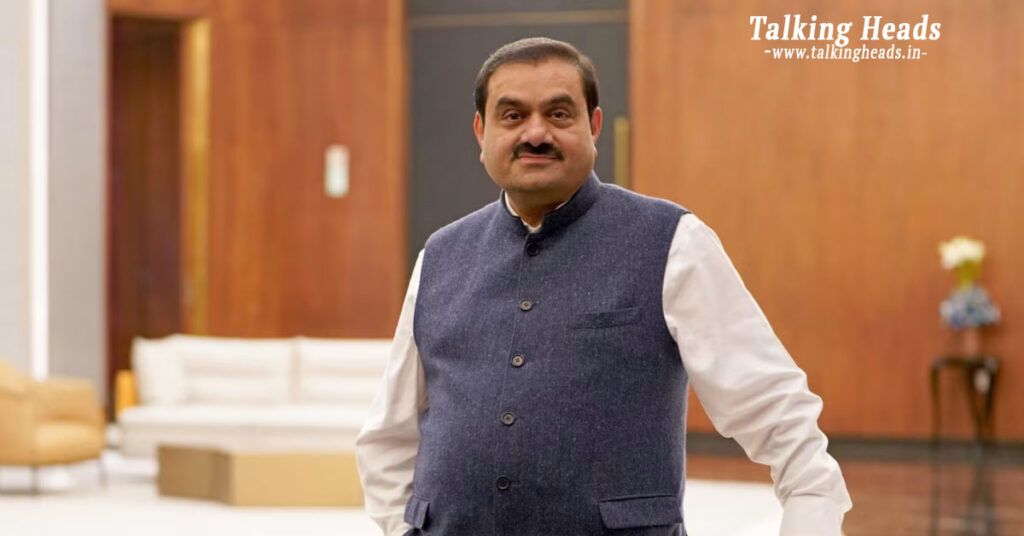The discussion around work hours and productivity has recently reignited in India, fueled by remarks from prominent corporate leaders. While Infosys founder Narayana Murthy advocated for a 70-hour workweek, Larsen & Toubro (L&T) Chairman SN Subrahmanyan took it a step further by suggesting his employees work 90 hours a week. These statements have sparked a nationwide debate on whether longer hours truly lead to better outcomes or simply contribute to burnout.
Table of Contents

100 hours work : The Call for Longer Hours
During an internal online conversation with employees, Subrahmanyan commented, “How long can you gaze at your wife while staying at home?” He even joked that if possible, he would have employees work on Sundays. Subrahmanyan compared Indian work culture with that of China, claiming that Chinese employees’ 90-hour workweeks have positioned China to surpass America, where the average is 50 hours.
This statement mirrors sentiments expressed by Narayana Murthy, who earlier urged Indians to work harder to match global standards, suggesting a 70-hour workweek.

100 hours work : The Pushback
However, these views haven’t gone unchallenged. Several corporate leaders and employees have expressed skepticism about the effectiveness of long work hours.

Radhika Gupta, MD and CEO of Edelweiss Mutual Fund, shared her personal experience of working 100-hour weeks during her first job. I was miserable 90% of the time and even ended up hospitalized twice,” she revealed in a post on X (formerly Twitter). Gupta argued that extended hours don’t guarantee productivity and highlighted the importance of efficient and focused work.
100 hours work: Voices for Change
Rajiv Bajaj, Managing Director of Bajaj Auto, also weighed in on the debate, suggesting that any push for longer hours should start with leadership.

The debate has also extended to the broader concept of work-life balance. Gautam Adani recently stated, “Work-life balance is subjective. Some find joy in spending four hours with family, while others might need eight. Ultimately, it’s about doing what you enjoy.” However, he humorously added that spending too much time at home could also lead to discord.
100 hours work : Global Comparisons
Globally, work cultures differ significantly. Many developed countries adhere to an 8-to-4 work schedule, emphasizing productivity during these hours. The focus is on effective time management, streamlined meetings, and leveraging technology.
100 hours work : The Way Forward
While the debate continues, it underscores a fundamental question: does working longer hours truly translate to better results? As businesses grapple with evolving work cultures, especially post-COVID, leaders must consider employee well-being alongside productivity. The consensus among many experts is clear: hard work isn’t about hours clocked but about the value created during those hours.










